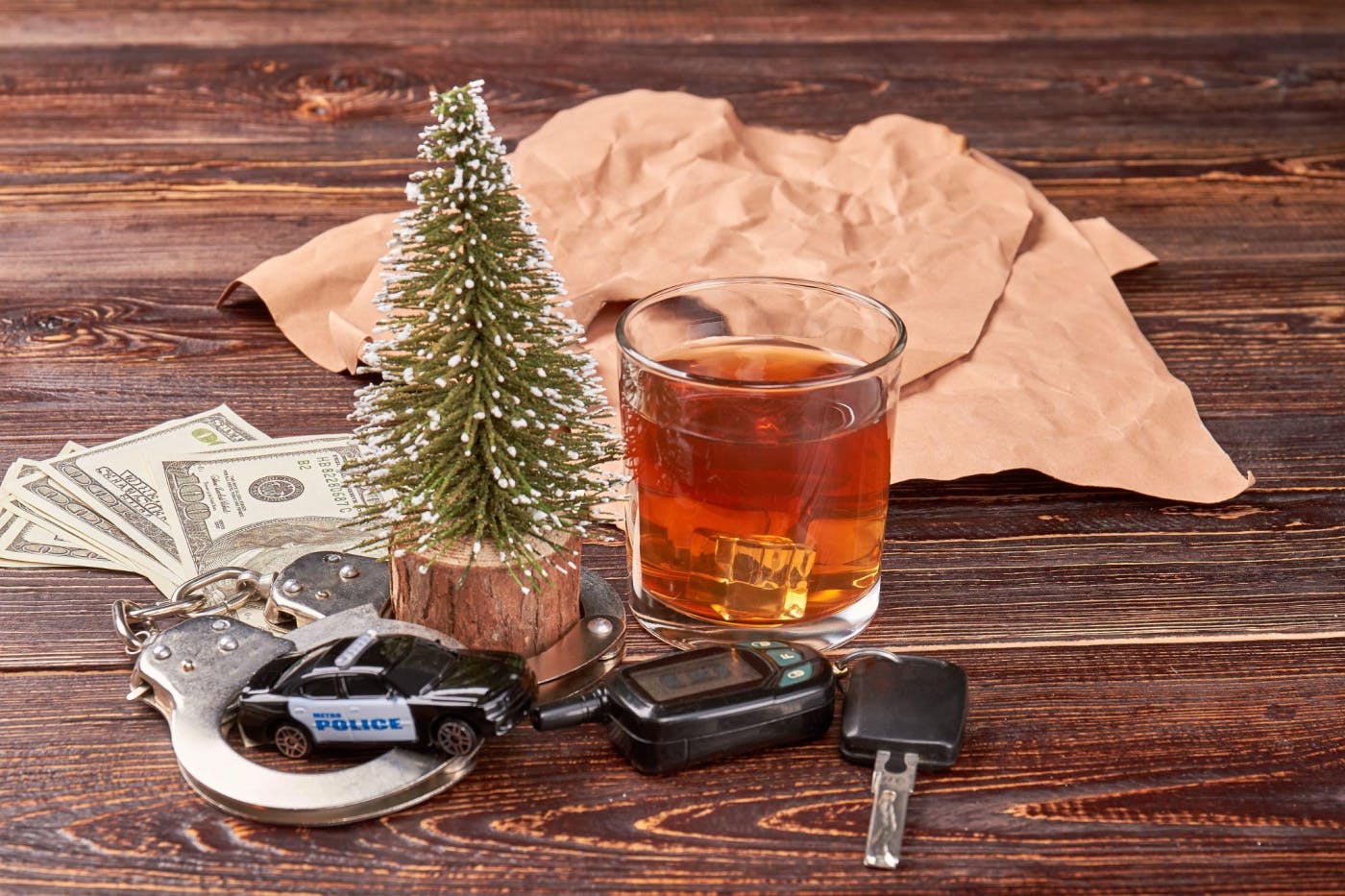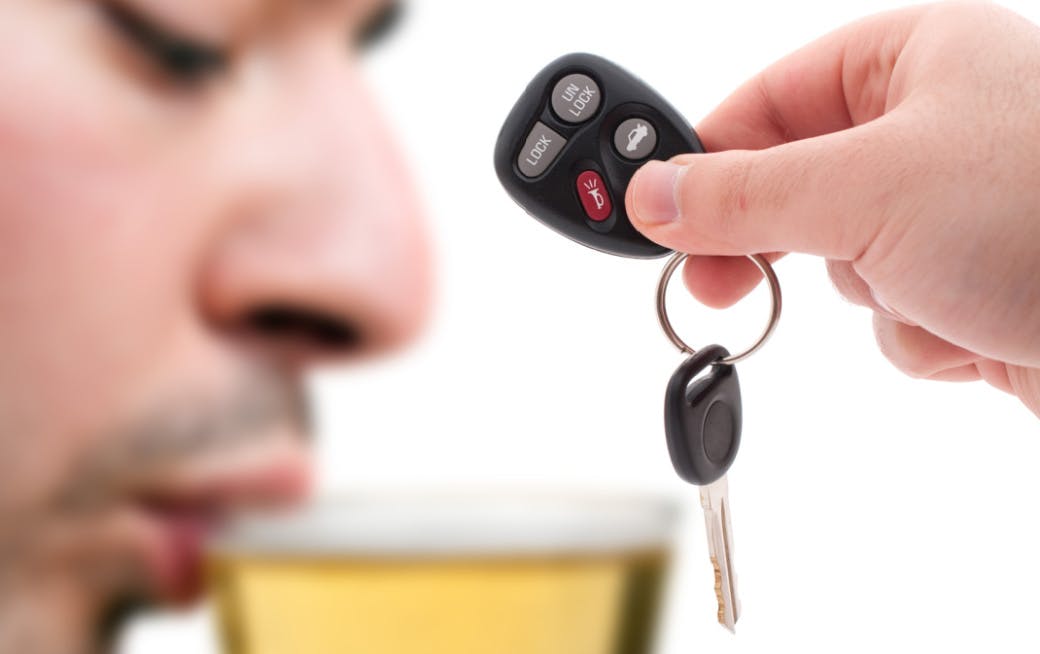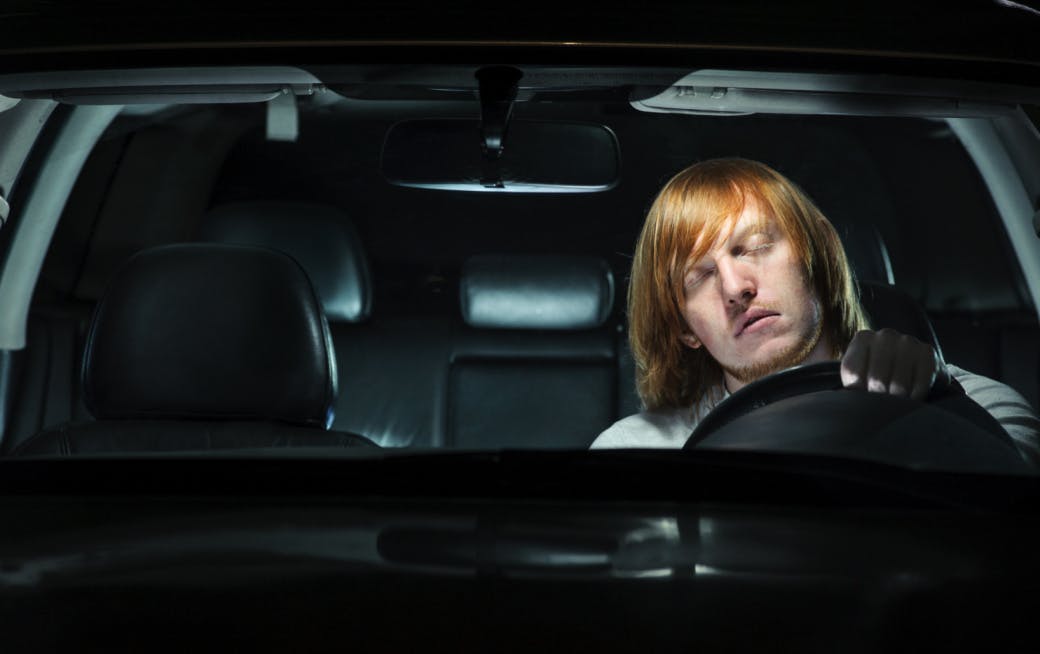Justices Broaden Dramshop Statute
Liquor Law Covers Unmarried Couples, Other Non-Relatives
On the night before Michael Lefto's wedding in August 1993, a friend of his reportedly got so drunk during their outing at the Hoggsbreath Bar in Little Canada that he couldn't even make it to the bathroom to vomit. The bar's staff, however, allegedly kept serving the friend more alcohol.
On the way home, the friend's car rolled and Lefto was thrown from the vehicle. Lefto suffered a serious, permanent brain injury from the crash and was in a coma on his wedding day.
Lefto's wife, who was his fiancee at the time of the crash, sued Hoggsbreath in Ramsey County District Court. Desiree Lefto argued that the bar violated the state's dramshop law by serving liquor to an intoxicated person and therefore must be held responsible for the loss of support to her and her small daughter, whom Lefto was helping raise.
Hoggsbreath argued that because the fiancee and her daughter didn't have a legally binding relationship with Lefto at the time - such as that of a spouse, child, parent or employer - they didn't have the standing to sue.
But in a groundbreaking 5-2 decision, the Minnesota Supreme Court said the wording of the Minnesota dramshop law does cover people such as Lefto's fiancee. That means siblings, unmarried couples, gay couples and others may now have a better chance at bringing similar lawsuits under the law.













